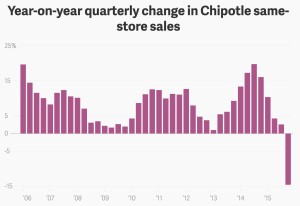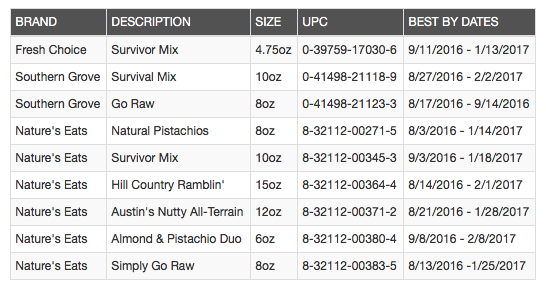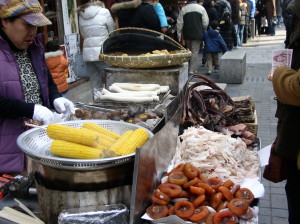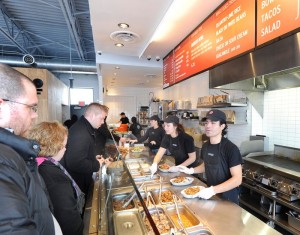Roberto A. Ferdman and Christopher Ingraham, reporters for the Washington Post, write there are few things as regrettable as a steak well done.
 Cooking meat to the point of leathery toughness dulls the flavor, among many other things. “Forgive my snobbishness, but well-done meat is dry and flavorless,” Mark Bittman wrote in 2007, imploring people to serve hamburgers “rare, or at most medium rare.”
Cooking meat to the point of leathery toughness dulls the flavor, among many other things. “Forgive my snobbishness, but well-done meat is dry and flavorless,” Mark Bittman wrote in 2007, imploring people to serve hamburgers “rare, or at most medium rare.”
What Bittman actually said was, “if you grind your own beef, you can make a mixture and taste it raw,” adding that, “To reassure the queasy, there’s little difference, safety-wise, between raw beef and rare beef: salmonella is killed at 160 degrees, and rare beef is cooked to 125 degrees.”
This is food safety idiocracy: Using Bittman to prop up an argument is silly.
The authors continue by commenting on the gastro habits of Donald Trump, who apparently likes his steak well-done.
This, more than anything else Trump has ssaid or done, brings him into ridicule.
A 2014 survey by 538 found that fully one-quarter of Americans said they liked their steak done “well” or “medium-well.” Is this Trump’s base? Hard to tell, since there weren’t enough steak-eaters in the 538 survey to break out demographic groups. But we can turn instead to a 2012 60 Minutes/Vanity Fair survey that asked 1,000 Americans how they liked their burgers done.
The results shock the conscience. Thirty-six percent of respondents said they liked their burgers well done, making that the most popular response. Another 29 percent liked medium burgers, 19 percent prefer medium-rare, and only 4 percent cook their burgers rare.
Digging into the demographics, a few interesting patterns stand out. First, preference for overcooked meat is strongly correlated with age. Forty-six percent of senior citizens prefer their burgers well done, compared to only 27 percent of those aged 18 to 29.
The less-educated are also more likely to prefer well done burgers – 47 percent of those with a high school education or less like their burgers well done, compared to only 25 percent of those with a college or advanced degree.
 There’s a similar relationship with income, with people in higher-income households less likely to overcook their burgers than people in low-income households.
There’s a similar relationship with income, with people in higher-income households less likely to overcook their burgers than people in low-income households.
These are the same demographics as anti-vaxxers, raw-milk connoisseurs and anti-GMO types.
And surveys still suck.
Hamburger should be cooked to 165F, steak 140F, as verified with a tip-sensitive digital thermometer.
No amount of flowery put-downs or caste-style insults will change the safety data.






 Every two weeks or so, Ben and Don get together virtually and talk for about an hour.
Every two weeks or so, Ben and Don get together virtually and talk for about an hour.


